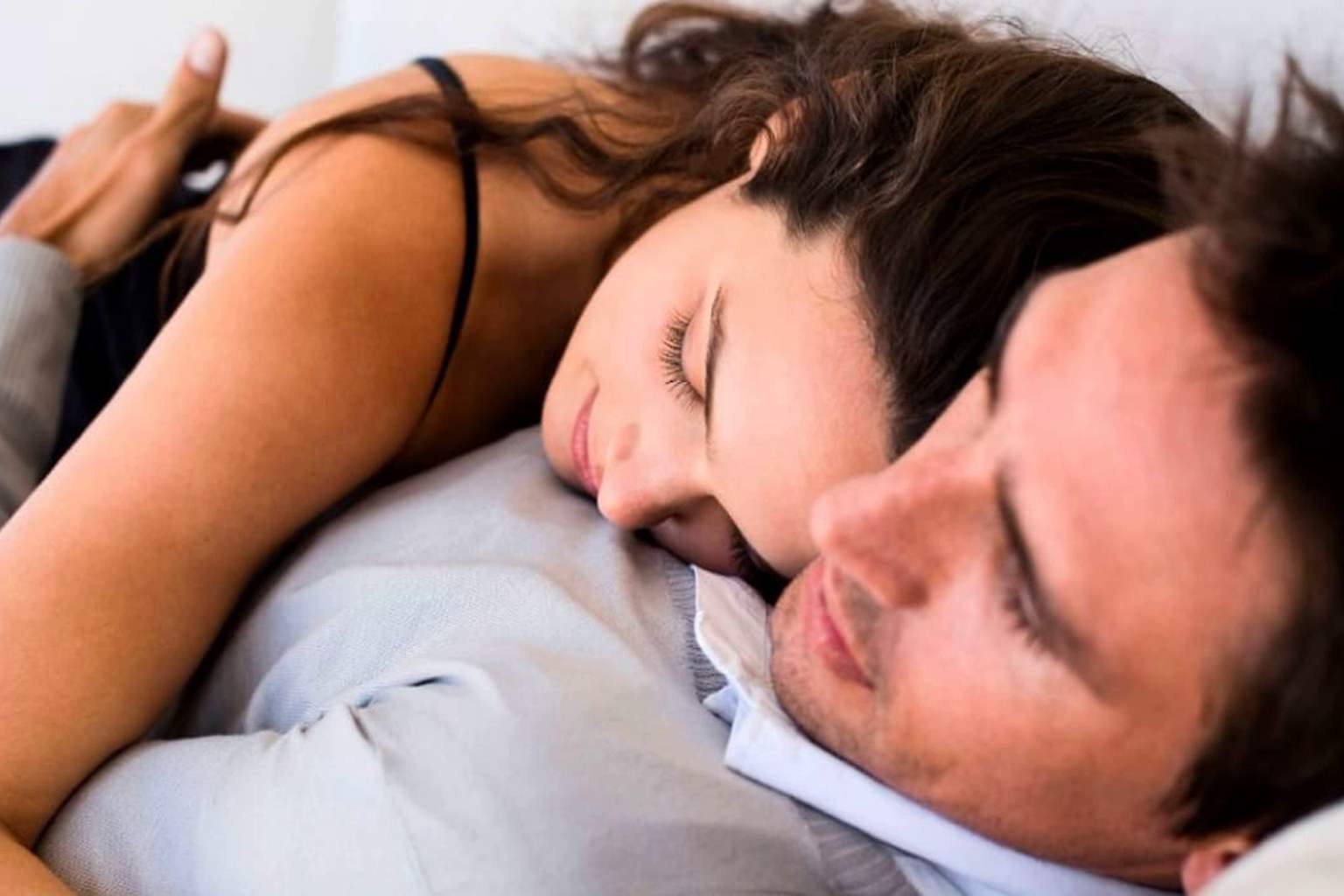Sometimes, the simple act of nodding off during a movie feels like a mystery wrapped in an ordinary moment. Why do so many of us consistently fall asleep when the screen lights up? Interestingly, this seemingly trivial habit might hold significant clues about our emotional world and deep-rooted psychological patterns.
It’s not always about being tired. Psychology offers an intriguing perspective on what happens when your eyelids start to droop as the opening credits roll.
How psychology digs into why we fall asleep during films
If you’ve ever wondered why watching a movie often turns into an unintentional nap session, psychologists suggest it’s not merely fatigue catching up. Instead, this common behavior can reflect how we handle emotions or respond to our relational environment.
When a person routinely falls asleep while watching a film, experts see it as a subtle signal—a window into our inner world and social connections. This act could indicate either a genuine feeling of safety or a subconscious way of retreating from emotional challenges.
Sleep as a comforting emotional refuge
Many assume that if someone nods off in front of a screen, it’s just because they didn’t get enough sleep. Yet studies reveal a deeper story. For example, do you know that falling asleep near a loved one during a movie doesn’t necessarily mean boredom or disinterest? Instead, it might reveal a sense of trust and shared emotional security.
In these moments of calm, our bodies feel safe enough to relax completely. The act of sleeping together becomes a subtle expression of comfort, signaling that the emotional atmosphere is inviting and reassuring. This is not about withdrawal but about connection—where rest is a form of nonverbal communication expressing well-being.
When sleep becomes a way to avoid discomfort
On the flip side, falling asleep during a film might sometimes serve a different purpose—an unconscious escape mechanism. If there’s tension or unresolved conflict in relationships, sleep might be a way to sidestep difficult emotions or conversations.
Have you ever noticed how someone might “check out” or withdraw when things get emotionally intense? This behavior can be a soft shield against discomfort. People with histories of unpleasant experiences during close moments may be conditioned to associate intimacy with emotional stress, making sleep a kind of safe haven.
In this context, the body opts for rest instead of facing the potentially painful or complicated emotions hanging in the air. This subtle pattern can reveal much about someone’s past and the emotional defense mechanisms they’ve adopted.
What falling asleep during movies teaches us about emotional health
Beyond the surface, recognizing why you or someone else tends to fall asleep during movies can be meaningful. It’s not just about energy levels—it can shed light on emotional needs and relationship dynamics that might otherwise go unnoticed.
For example, this awareness can highlight areas where we feel emotionally overwhelmed or insecure, encouraging us to address these feelings rather than ignore them. Creating a more comfortable and secure emotional environment at home can benefit everyone involved.
From a personal viewpoint, I’ve found that paying attention to when I feel the urge to sleep during movies helped me understand my emotional state better. Sometimes, it signaled stress I wasn’t openly acknowledging; other times, it was my body’s way of saying I felt truly at ease. This insight encouraged me to explore my relationships and self-care habits more deeply.
Why paying attention to this habit matters
Next time you catch yourself dozing off in front of a movie, pause and consider what your body might be trying to tell you. These moments can be important messages from your mind and emotions, signaling either comfort or the need for space from emotional discomfort.
Acknowledging such signals empowers us to engage more honestly with our feelings and forge healthier habits. Everyone’s emotional world is different, and even small behaviors like falling asleep during a film can open doors to greater self-understanding.
What’s your experience? Do you often find yourself asleep before the movie ends? Does this happen more with some people than others? Share your thoughts or stories—sometimes, these tiny slips into sleep hide profound truths about who we are and how we relate to the world around us.
